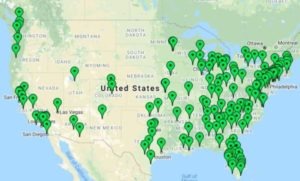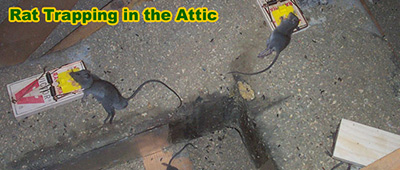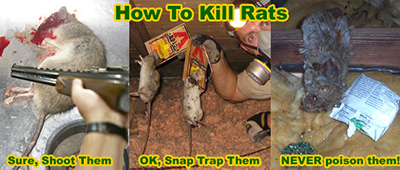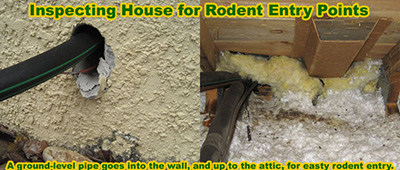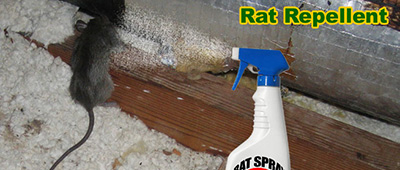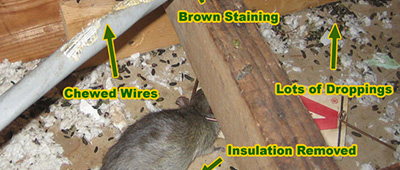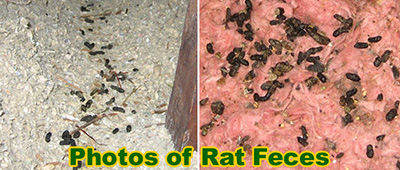Many homeowners are under the impression that rats and other wild animals will only break in and invade their home during the colder, winter months, when it becomes increasingly more difficult to live in the great outdoors. The temperatures plummet, and the need to find shelter intensifies. Food becomes hard to come by, especially with the battering wind and freezing rain, and the need to find a source of steady food intensifies.
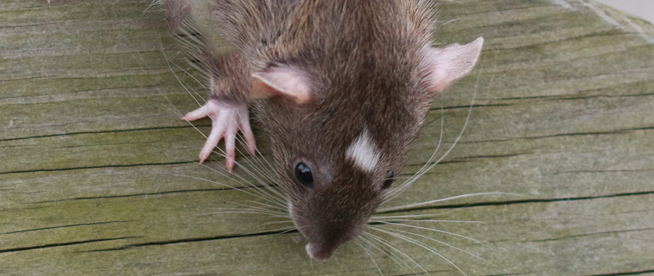
During the summer, rats are quite happy to live in the great outdoors, but that's not to say they won't still be on your property. Trees, burrows underground, sheds, porches, garages, and even piles of mulch and debris, or wood piles, are all places that rats will set up home, and if these things are in your garden, that's just where they will be. What do you think will happen a few months down the line when the weather turns, and the rats are looking for somewhere warmer? They'll be looking for a safe and warm place to rest, and also to bring up a young family because rats breed all year round, and that's when they'll start to make a bee-line for your home. It gives you warmth and shelter, and there's also plenty of food and clean water in there too. Those are all the things that the rats want and need.
If you do your due diligence as a home or property owner, you will spend the warmer, summer months making sure your home is safe and secure. If you do not, when the winter comes, you might find yourself with a rather troublesome rat infestation on your hands.
Go back to the Rats in the Attic home page.
Where do rats go in summer?
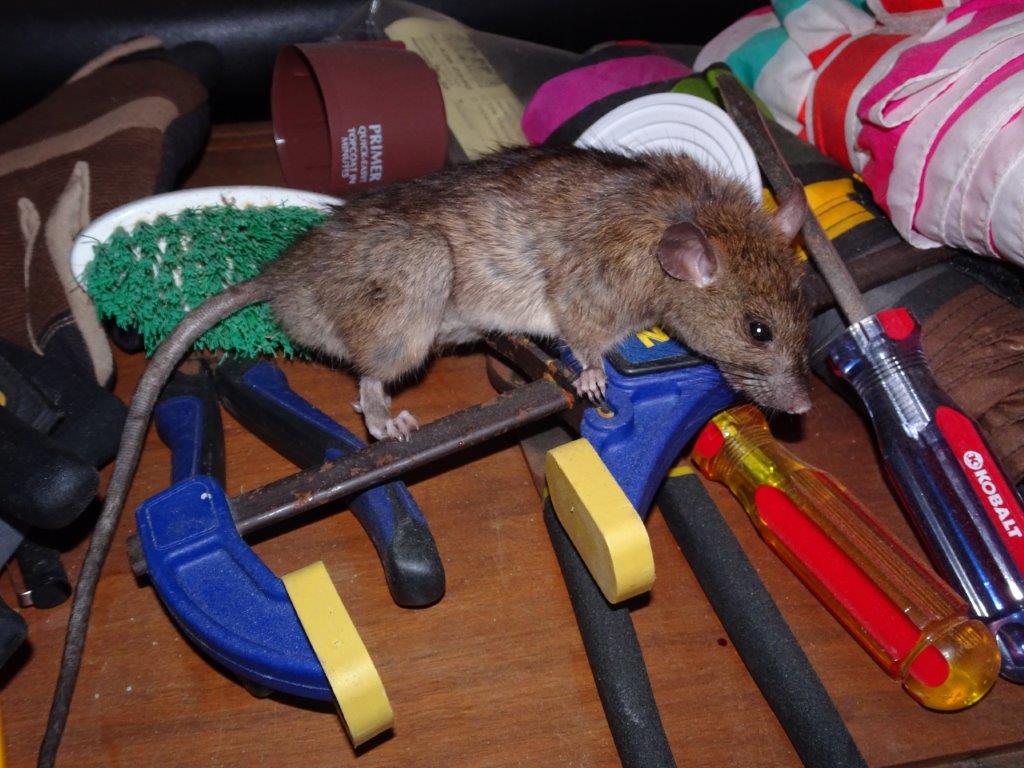
By the end of the winter, with the weather beginning to get warmer, rats will start to leave their shelters to head outside. Rats tend to become more active when summer arrives. During this period of time, they will try to get inside gardens and homes because the smell that comes from organic matter attracts them. Because of this, those who are likely to get a rat infestation during this season are the ones who don’t regularly clean up their landscapes.
Summer is the best time for rats to find new resources for food, water, and shelter since it is likely to be available within this period of time. Summer is when rats will attempt to locate and occupy a new home to live the rest of the seasons in.
You might be hearing sounds of scratching and rustling from your attic or basement, within the walls, or in other hidden and covered places in the home much more frequently during the summer.
There are times where it gets rainy during the summer as well. This is another reason for rats to start moving out of their shelters. The rain can get into the places they hide which causes them to look for a new one that safe from these occurrences. Most likely, they will be trying to get into your home.
At first, they will usually only reside in the basement or attic. Later on, as their family begins to multiply and spread, they will begin to be present in the walls and other parts of the home where it’s convenient for them and where they can be comfortable in.
To identify if a rat is already in your home, look out for the following:
- Small noises from the walls, roof, etc.
Rats tend to walk around the home to gather what they need. They aren’t exactly the types to sit around and occasionally come out. You are most likely going to hear these sounds at night since this would be the time of the day where they will be most active. The sounds they make are commonly rustling to indicate they are moving around and possible chewing which is a warning sign for you that they may be damaging your property.
- Rat feces or droppings.
There’s no way for your home to have any rat droppings if they weren’t already residing in your home. The presence of their feces is enough to help you determine whether or not rats may already have infested your property. These are usually located in hidden areas because this is where rats will usually stay. They are the types to stay away from their predators, so look through the spaces of your home that aren’t exactly easily accessible to find their feces.
- Traces of bites and scratches.
You may notice minor scratches and bite marks on your furniture, walls, and possibly other objects in your home. This is enough to suspect that rats may be living inside the property. When you find these traces, it would be best to check on your electrical wirings to make sure they are safe as well as your food supplies to ensure they haven’t been contaminated.

